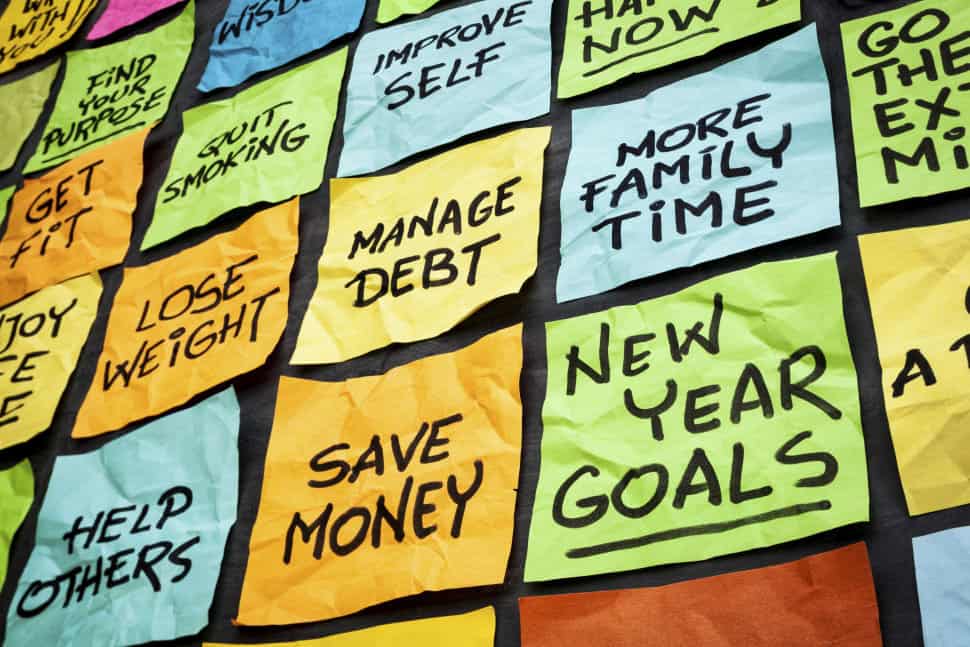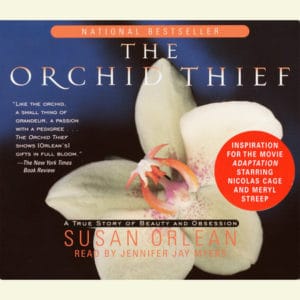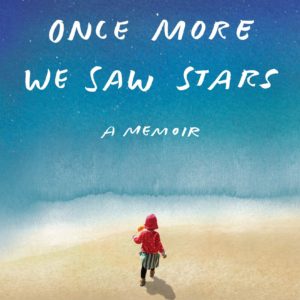 In my last article, I claimed I avoid New Year’s resolutions like the plague. Now that we’re a month into 2020, I have changed my tune. My motto has also been “All things in moderation” and I think I can apply that to the “new year, new me” spirit of January. I’ve correctly observed I’ll never be the type to make a massive change on January 1st but I could be the sort of person who makes small changes which add up to a sizable difference over the year.
In my last article, I claimed I avoid New Year’s resolutions like the plague. Now that we’re a month into 2020, I have changed my tune. My motto has also been “All things in moderation” and I think I can apply that to the “new year, new me” spirit of January. I’ve correctly observed I’ll never be the type to make a massive change on January 1st but I could be the sort of person who makes small changes which add up to a sizable difference over the year.
Instead of “resolution,” I choose to use the term “modification.” This term is less radical and scary than resolution and thus, makes my goals feel more attainable. I’m not resolving to undertake a new lifestyle, I’m just making a few adjustments to the one I already have. I also try to stay away from trends when considering little changes at the start of the year. It seems like the Internet is always ready to champion the latest health or diet fads along with the best way to organize your time, be happier, less stressed, a more effective parent, a better employee, etc. The self-help industry is booming and librarians certainly see this reflected in the demand for books on this topic. Librarians are constantly fielding requests for books on how to improve your life and updating our self-help collection with new titles.
The best way to make small, effective changes for me has been to reflect on any areas of my life where I’m dissatisfied and brainstorm solutions that fit into my everyday routine. For example, exercise hasn’t been a regular part of my life for an unhealthy amount of time. Instead of committing to a boot camp fitness class four times a week at 5:00 AM or challenging myself to run a half marathon by the spring or even purchasing an expensive gym membership, I realized I could fit thirty to forty-five minutes of walking into my life as part of my morning routine.
Another key strategy when modifying my life comes from the idea of always having a backup plan. In my example above, weather or other events or even lack of motivation could conspire to keep me from my daily walk. How can I keep myself from feeling like I’m failing to meet my modest goals even if I don’t walk in the morning? I was recently bemoaning this to a colleague when she reminded me of the power of Plan B. Having a backup plan if Plan A fails has allowed her to keep on track with her fitness goal of incorporating more physical activity into her days. If she fails to exercise, she can always pop on a short fifteen minute YouTube fitness video in the evening. It’s only fifteen minutes but it keeps her on track.
Aside from fitness, becoming more organized in my personal life is a major goal in 2020. I’ve often tried to keep daily calendars and to-do lists without much success. I’ve tried multiple apps on my phone and many organization systems that have failed me. Even though I try to stay immune to trends, I finally caved and started a bullet journal at the end of 2019. With the zeal of a convert, I can say my life has been changed.
Ryder Carroll, a digital product designer, came up with the idea of a bullet journal when facing the same problems with to-do lists as I had. A bullet journal is a flexible catch-all system for to-do lists, a planner, a calendar and any other organizational scheme you need for special projects. Mr. Carroll set up a notebook for rapid logging on tasks, events, and other thoughts that are categorized by a simple bullet system to let the user know what’s been done, what needs to be done, and what’s happening when. His revolutionary book, The Bullet Journal Method, is a beginner’s guide to setting up this system to not only keep track of one’s life but also to help people focus on what is truly important in their lives.
Carroll sees bullet journaling as more of a mindfulness practice than just an organizational tool. By writing things down, we remember them more fully and by transferring tasks, dates, events, and thoughts from month to month, we hone in on what goals we want to accomplish. For people who are intimidated by reading the whole book, you can also set up an easy bullet journal for yourself after watching the five minute YouTube video available on the bullet journal website.
Another small change I’m attempting in 2020 is to make improvements to my diet. I’m not going on a diet. Studies have shown that most diets aren’t effective and don’t help the dieter make lasting changes to his or her weight or health. I’ve noticed several things in my life that prompted me to make this small adjustment. As the household cook, I’ve realized that I’m in a dreaded cooking rut, the place where I find myself making the same things over and over again for dinner. Some of these items are healthy, some are not. None of them are inspiring anymore after being repeated week after week. I’ve also realized my diet has become more meat-heavy than necessary and lacking in fruits and vegetables.
I realized I didn’t need to pick up any new diet books to unearth different recipes and shake up my dinner menus. I already own a formidable collection of cookbooks that largely go unused and are ripe for rediscovery. I have started to comb through two old favorites, Cooking Light: Fresh Food Fast is helping find tasty recipes with fewer calories that still satisfy everyone. This cookbook also goes the extra mile and includes a side recipe with each entree to take the guesswork out of meal planning.
In order to focus on adding more fruits, vegetables and healthy grains to my diet, I’ve pulled out The Complete Vegetarian Cookbook by America’s Test Kitchen. This book focuses on recipes that put non-meat dishes front and center so you don’t feel like you’re eating a side dish for a main course. So far, the Poblano and Corn Empanadas have been a huge hit in my house.
2020 isn’t the year of the big change, it’s the year of the small adjustment, the fine tuning of an already happy life for me. I applaud everyone who can transform their lives by using January as a springboard to launch themselves toward positive change. But it’s not for me. We don’t always have to burn everything to the ground in order to start something new. The best resolution, after all, is one that you will stick with through the whole year.
Kate Tigue is the Head of Youth Services at the Morrill Memorial Library in Norwood, MA. Look for her article in the February 6, 2020 issue of the Transcript and Bulletin.




